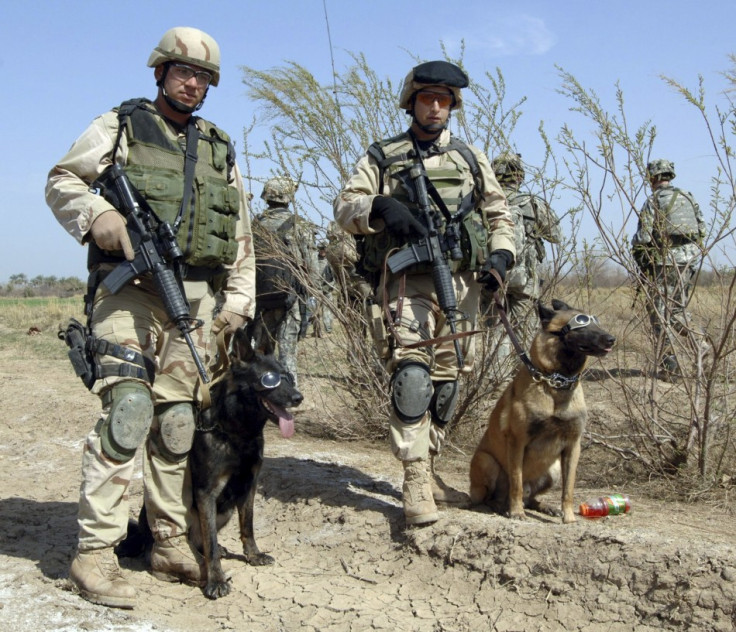Soldiers With Small Amygdala Could Face Greater Risk of Post-Traumatic Stress Disorder

The part of the brain that regulates fear and anxiety is considerably smaller in combat veterans who are diagnosed with post-traumatic stress disorder (PTSD) than in those ex-soldiers who do not suffer the condition.
Researchers at Duke University and the Durham VA Medical Centre have found clear evidence that a smaller amygdala - the area that deals with fear and anxiety - is associated with PTSD.
Rajendra A Morey, assistant professor at Duke and lead author, said: "Researchers found 20 years ago that there were changes in volume of the hippocampus associated with PTSD, but the amygdala is more relevant to the disorder
"It's associated with how fear is processed, especially abnormal fear processing. So it makes sense to look at the structure of the amygdala."
In the US, between 11 and 20 percent of veterans from the Iraq and Afghanistan wars get PTSD. It is believed that around 30 percent of soldiers from Vietnam suffer from the disorder.
Symptoms of PTSD include reliving aspects of the trauma, such as flashbacks and nightmares, as well as disturbed sleep, irritability, extreme alertness and a panic response to anything relating to the trauma.
Scientists are now looking at whether the physiological difference to the brain is caused by the traumatic event, or if PTSD develops more frequently in people who have smaller amygdalas.
The researchers looked at 200 combat veterans who served in Iraq and Afghanistan. Half were diagnosed with PTSD and the other half had experienced trauma but not gone on to develop the disorder.
Morey said: "The next step is to try to figure out whether a smaller amygdala is the consequence of a trauma, or a vulnerability that makes people get PTSD.
"This is one piece in a bigger puzzle to understanding why some people develop PTSD and others do not. We are getting closer to that answer."
He said it is more probable that exposure to trauma does not cause the amygdala to shrink, but people who have a smaller amygdala are more susceptible to PTSD.
The study concluded: "These results provide clear evidence of an association between a smaller amygdala volume and PTSD.
"The lack of correlation between trauma load or illness chronicity and amygdala volume suggests that a smaller amygdala represents a vulnerability to developing PTSD."
The term PTSD was first used in relation to US soldiers returning from the Vietnam War. However, the problem was identified before this, with many veterans returning home after WWI suffering from 'shell shock', 'battle fatigue' or 'soldier's heart'.
A number of traumatic events can trigger PTSD, including personal trauma, violent crime, sexual or physical assault, traffic accidents and childbirth difficulties.
© Copyright IBTimes 2025. All rights reserved.




















